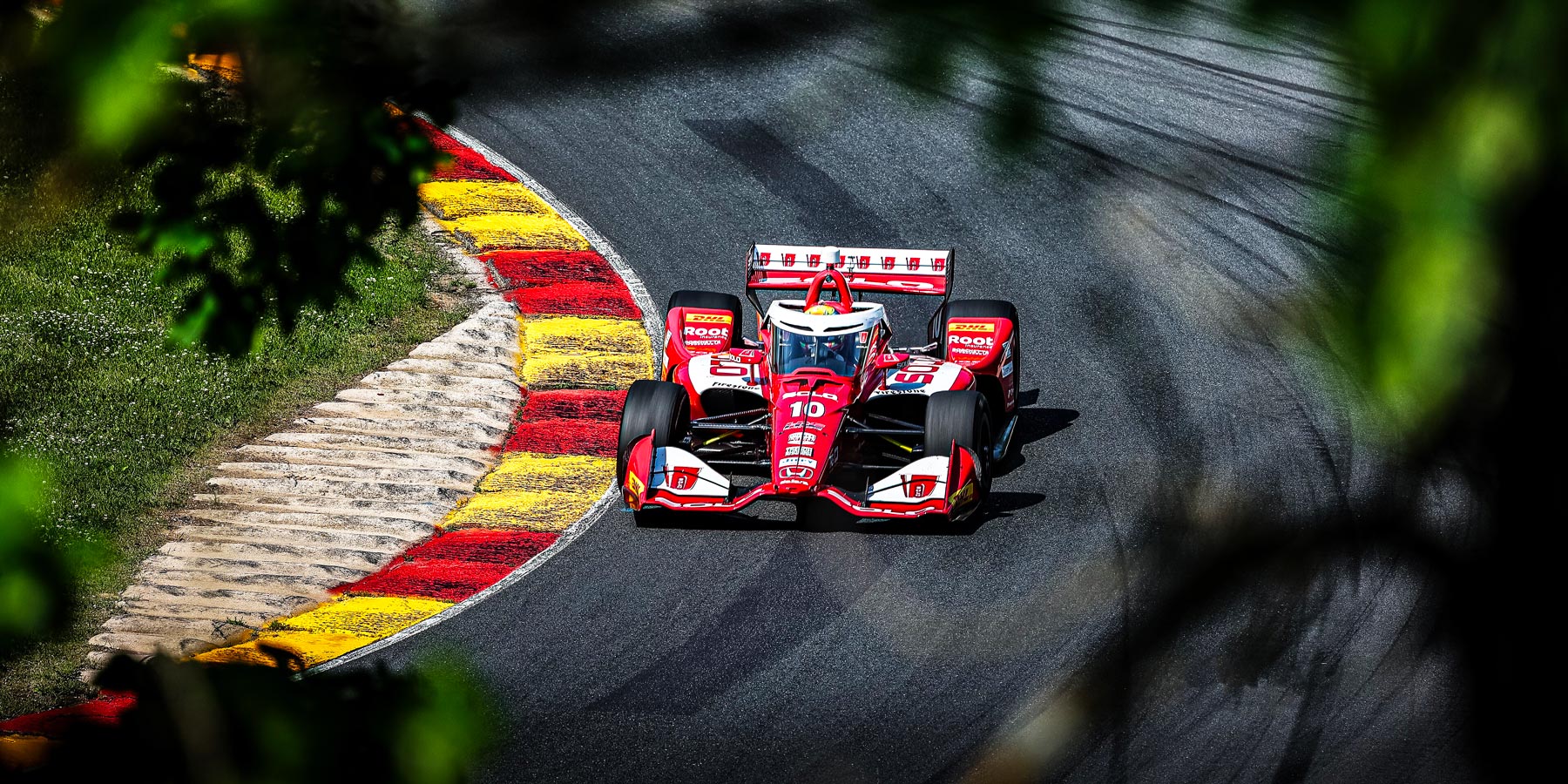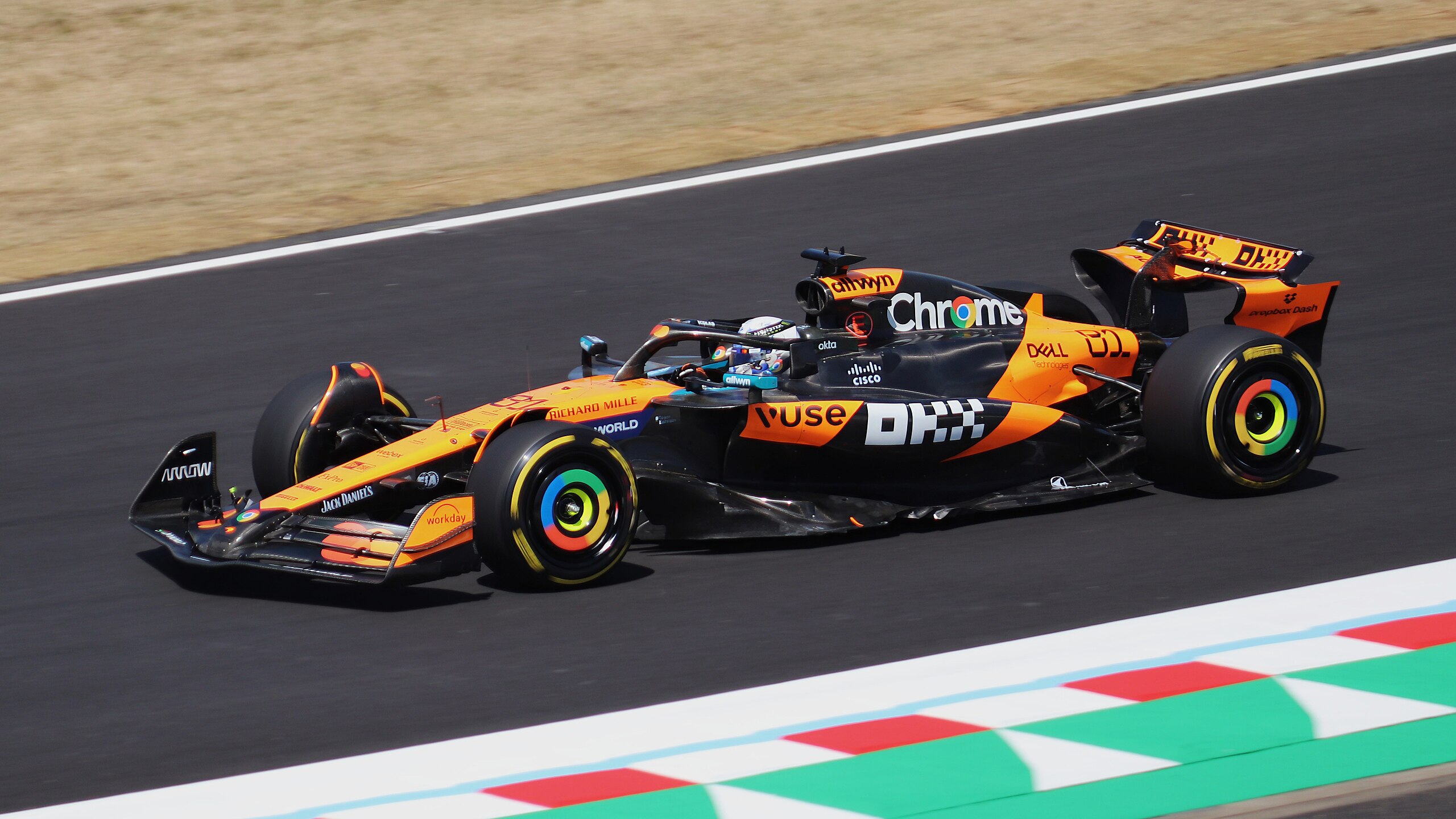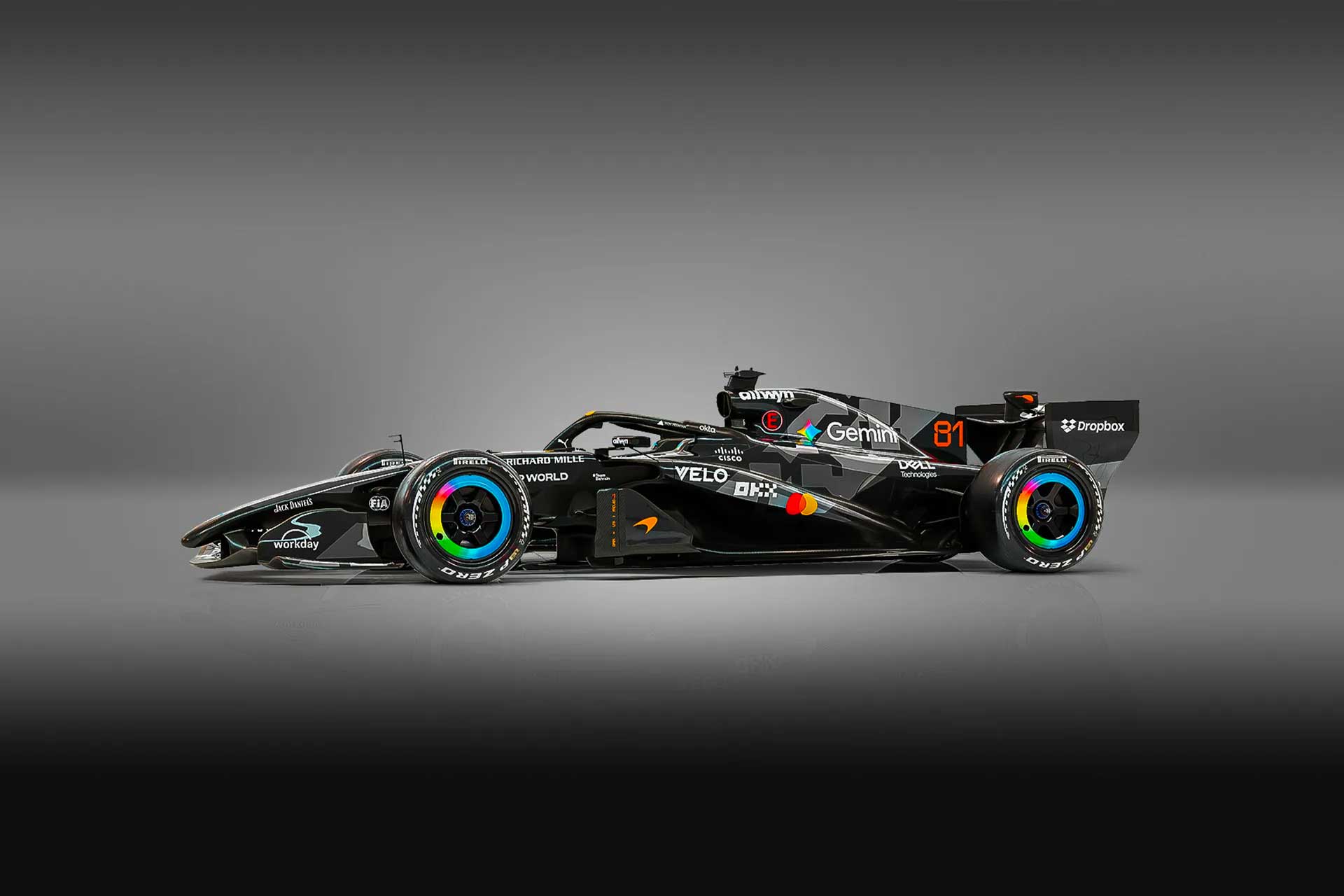Sponsorship research-also called sponsor brokering-and corporate sports marketing consulting are two opposite sides of the same coin. Both deal with sponsorship in sports, and thus with building winning relationships between companies and teams or athletes, but the direction of the two actions is substantially different. It is not simply a matter of economics-who is looking for money and who has money-but of starting and ending points. We try in this article to shed light on two important areas of sports marketing.
Many people call or write to us asking if we can find sponsors for their team, or for their sports activity. This is more than understandable, because those seeking funding to give their passion a future often throw their hearts over the hurdle and do not stop to think about the role various organizations play in the sports marketing market.
We at RTR Sports are consultants for those companies that want to use sports as a communication tool. In this sense we position ourselves as business consultants and the first point of our action is exactly the company, with its marketing goals, its business objectives, its target market and its vision of the future.
However, it is only fair to shed some light on what we called in the opening what we called two sides of the same coin: sports sponsorship research and sports marketing consulting. What may be peaceful for a practitioner in the field is not always so for the rest of the interlocutors: be they athletes or companies. In short, it is necessary to understand who does what and in what way if one wants to avoid, on either side, hitting invisible rubber walls and wasting valuable time and energy.
Below we list the three major differences between sponsor search and sports marketing consulting, hoping to give a clearer picture of the industry landscape. We will therefore discuss:
- Starting point of marketing action
- Objectives of marketing action
- Skills and roles of the marketing practitioner
1 – Starting point of marketing action.
As mentioned in the lines above, the very first distinction between sponsorship research and sports marketing business consulting is where the marketing action begins, that is, the point from which the process is triggered.
In the case of seeking sports sponsorship, the starting point is the team, squad, or sports organization (we generically call these “sports properties”). It is they who, at different periods of their journey and career, find themselves in the position of having to find a sponsor and, more prosaically, find funds that will enable them to continue (or start) their activity. Thus, the search for sports sponsorship starts from within the property and heads outward to the world of possible funders, sponsors and companies.
On the contrary, the starting point of sports marketing consulting is the company itself. It too has a need and, within its own business journey, needs marketing tools to grow and prosper. In the case of sports marketing, from the company, the effort is directed toward the world of sports properties, guided by consulting actions precisely.
It is easy as of now, therefore, to see how the two actions are moving on the same trajectory, but in opposite directions.
2 – Objectives of marketing action
Without wishing to restate the obvious, let us try to see what the goals of sponsorship research and those of sports marketing consulting are in essence.
In the first case, the argument is only superficially trivial. Why is a sponsor sought? The theoretical answer is, pragmatically: because money is needed to finance the activity, be it a MotoGP season or a Bike Tour exploring the African continent. However, as the commercial operators of the teams well know, the discourse has a much broader level of complexity than that: finding sponsors is a very difficult operation that requires, in addition to a great deal of knowledge about one’s product, absolutely careful planning and orderly application. Guarantee of theexclusivity of the product sector, division of marketing benefits, management of the sponsorship program, and balance of the sponsor portfolio are just a part of the endless nuances that are to be kept in mind when carrying out this operation.
In contrast, corporate sports marketing consulting obviously does not aim to make money, but rather to build a marketing path that knows how to make the company achieve its business and communication goals. The mission of RTR Sports reported earlier should be read in this sense: to give advice to companies that want to use sports to communicate.
More specifically, what are the marketing and communication objectives that a company can achieve through sports? The answers are many: from increasing brand popularity to market repositioning of the brand, from winning new audiences to promoting new products, from Business to Business logic to improving the perception of companies and products, the options are almost endless. Often, however, the ultimate goal of companies can be encapsulated in a simple concept: increased sales.
What is the purpose ofsports marketing consulting in all of this? To give the company that wants to use sports a complete picture of the scenario, thanks to data, expertise and knowledge. In addition, a sports marketing consultant will help the company objectively evaluate sponsorship proposals, based on complete reasoning and avoiding gut decisions. Finally, the sports marketing consultant will be able to help the company formulate a plan of key activation and monitoring actions to make sure that the sponsorship gets the best possible results.
3- Skills and roles of the marketing practitioner
Precisely because of the premises addressed above, it is easy to understand how the jobs of those seeking sponsors and those offering sponsorship advice are substantially different.
On one side stands a person who necessarily has to be “inside” the sports property: be it a manager, a sales team or an athlete himself. This person knows his product inside out and is equipped with the sales tools and knowledge about the marketing benefits that the team can offer companies. He or she moves primarily in search of deniers, “selling” these marketing benefits to anyone who can buy them (provided, of course, that he or she fits the patterns mentioned partially above).
In contrast, the sports marketing consultant is not a salesperson. On the contrary, he basically becomes an internal figure in corporate marketing and is meant to build a path and offer solutions that are in line with marketing and business objectives. He does not have to know one sports property inside out, but to have a very clear picture of what the sports market is in general or-in some cases-of a particular sports field: the fundamental purpose of a sports marketing agency like RTR Sports in fact is not simply to make a sponsorship project go through, but to make sure that that is the best possible sponsorship project. Better in soccer or motorcycling? And in motorcycling, better to start in Moto3 or go big on MotoGP? Better to flank a rider or a team? And among teams, better a top team that always aims for the podium or a second-tier team that nonetheless offers great sponsor support? This is a deliberately trivial example, but one that effectively communicates what and how many funnels or paths of choice are to be addressed. Precisely to deal with all these processes requires not only a great deal of expertise, but also an extensive network and a great knowledge of the players in the sports scene and its operators.
Unlike those who “sell” sponsorships within a property, in fact, the consultant has no obligation to propose this or that team, this or that athlete, but can-from his or her independent position-offer a range of different solutions being able to afford the luxury of always giving the advice he or she believes to be best.
In conclusion
Sponsorship search and sponsorship consulting are two tangential but fundamentally different areas. As in every aspect of business, somewhere in the Gaussian supply and demand must meet, and even in sports these two areas inevitably end up touching. However, although the ultimate goal of these professionals can be said to be the same-that is, the construction of a long-lasting sponsorship project that knows how to benefit both parties-the starting positions, specific goals and required skills are quite different.
RTR Sports does not offer sponsorship search services, but rather sports marketing consulting: for more than 20 years we have been alongside companies that want to use sports, and in particular MotoGP and motorsport, as an effective communication tool.










